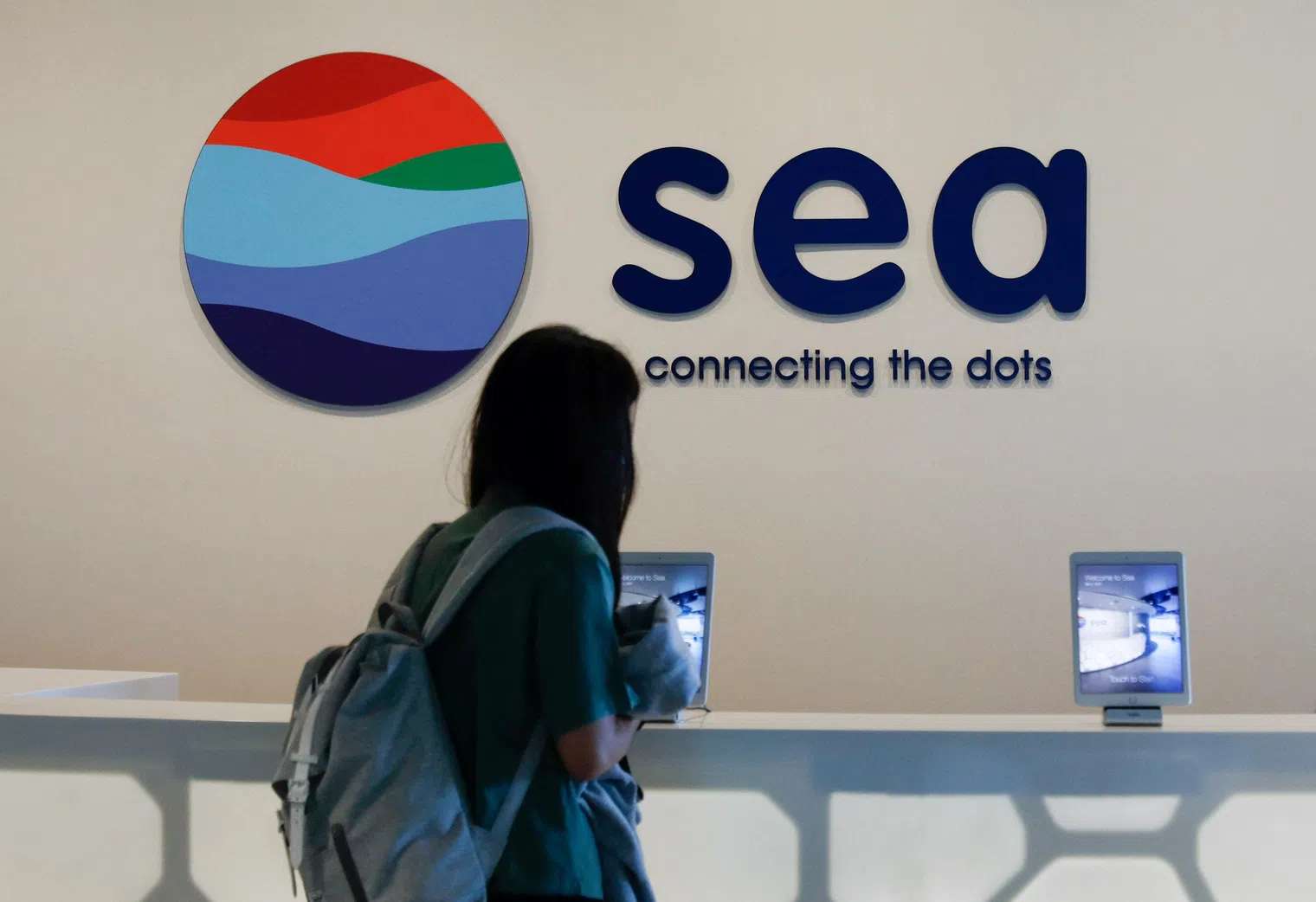Singapore's Sea financial business enters Thailand, partnering with four companies to apply for a digital banking license
Currently, Singapore's Sea Group is accelerating its application for a digital banking license in Thailand, following its entry into Singapore, Indonesia, and the Philippines, with the tech group also moving into the Malaysian market.

Reportedly, Singapore's tech group Sea is making a renewed push for its digital banking business, having launched it in its home country and now starting to apply for a digital banking license in Thailand.
Digital banking licenses typically allow holders to operate various financial services, such as deposits, loans, and asset management. Without physical branches, operators will offer low-interest loans, making it easier for consumers, particularly underserved populations, to access these services.
In recent years, financial regulators in the region have opened the banking sector to new entrants like Sea, aiming to promote innovation and increase access to banking services.
As of September 19, the Bank of Thailand reported that five institutions had applied for Thailand's first digital banking license, but it did not disclose the names of the applicants.
When announcing its application, Sea Group stated that it has partnered with Bangkok Bank, BTS Group (a railway operator), Saha Group (a consumer goods conglomerate), and Thailand Post, claiming it will leverage the "complementary strengths" of these four companies to provide innovative and compelling digital financial services in Thailand, with a focus on improving accessibility for underserved populations.
If successful in obtaining the license, Sea Group will take a dominant position in the digital banking investment space, while the other four companies will hold relatively equal shares.
Sea Group's plan to enter the Thai market is a natural result of its rapid expansion in financial services in the region. In recent years, the group has launched a digital bank named SeaBank in Indonesia and the Philippines, and introduced MariBank in Singapore. By the end of this year, it will also enter the Malaysian market alongside a subsidiary of YTL Power Group.
As the parent company of the e-commerce platform Shopee and online gaming company Garena, Sea Group focuses on financial services through its vast customer base, supporting the growth of its core businesses. Since the establishment of its financial division, SeaMoney, in 2014, the group now offers digital payments, credit, and banking services across six major markets in Southeast Asia.
In the past decade, its fintech business has become one of the drivers of growth. In 2023, revenue from digital financial services (including digital banking) reached $1.8 billion, a 44% year-on-year increase, marking the highest growth rate among other segments like e-commerce and online gaming; the adjusted EBITDA for this sector was $550 million, turning a profit compared to a loss of $228 million the previous year.
Morningstar senior analyst Kai Wang noted in a report last month, "While we are uncertain about the long-term growth of its loan portfolio, we believe it is becoming a part of the company and can help fund some of the marketing expenditures required by Shopee."
In Thailand, other parties have yet to officially confirm their applications. However, some large local enterprises have previously expressed interest.
One of them is CP Group, which operates 7-Eleven convenience stores in the country and owns the TrueMoney digital wallet. Since the Bank of Thailand opened digital banking applications in March, CEO Suphachai Chearavanont has shown a strong interest in the business.
"We already have TrueMoney and are ready to apply in partnership with Ant Group," he stated.
He added that CP Group aims to enter the digital banking sector to provide a new source of funding for customers, particularly small businesses or low-to-middle-income borrowers who cannot obtain loans from large banks.
An analyst from Kasikorn Research Center stated, "This agricultural group may optimize the customer base of TrueMoney and 7-Eleven to help expand its digital business."
Meanwhile, financial group SCBX has teamed up with South Korea's WeBank and KakaoBank, while one of Thailand's largest banks, Krungthai Bank, has formed partnerships with telecom giant Advanced Info Service, Gulf Energy, and PTT Oil and Retail Business. Additionally, payment solutions provider Lightnet is collaborating with Hong Kong fintech company WeLab. The competitive market environment clearly indicates the potential growth space for digital banking in Thailand.
The Bank of Thailand plans to announce candidates by mid-2025 and will spend about a year preparing the necessary technology and infrastructure before commencing operations. Assistant Governor Somchai Lertlarpwasin stated, "The Bank of Thailand will consider applicants' qualifications, potential, and operational capacity for digital banking based on the proposed business plans in several key areas."
However, due to initial investments and competition with traditional banks, it may take some time for the winners to become profitable. Singapore's Grab's digital banking operations are still in the investment stage and are not expected to break even until the end of 2026. Neither Sea Group nor Grab has disclosed their customer bases for digital banking in the region.
Reports from Google, Temasek Holdings, and Bain & Company indicate that Southeast Asia's digital payment transaction volume is expected to reach $21 billion by 2030, nearly triple the 2021 figure, while the outstanding loan balance for digital lending is projected to reach $300 billion, a 7.5-fold increase over the same period.
·Original
Disclaimer: The views in this article are from the original Creator and do not represent the views or position of Hawk Insight. The content of the article is for reference, communication and learning only, and does not constitute investment advice. If it involves copyright issues, please contact us for deletion.